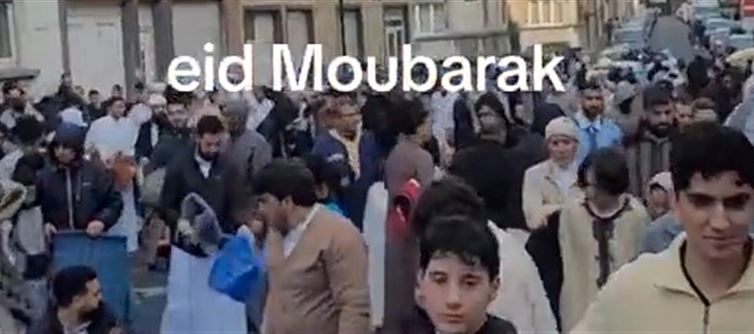
However, for some observers, these demographic changes evoke concern, particularly when framed through the lens of cultural displacement or perceived threats to european identity. The fear that such trends point toward a future where traditional european values, norms, or religions might be eclipsed can give rise to social anxiety. Yet, interpreting religious or ethnic shifts as inherently “terrifying” risks oversimplifying complex societal transformations and veers into xenophobic territory. history shows that european cities have long evolved through waves of migration—from Huguenots to Jews to North Africans—and these transitions, while challenging, often lead to enriched cultural and economic vitality when managed inclusively.
The real challenge lies not in the diversity itself, but in how societies respond to it. Brussels, like other major cities, must focus on integration, education, and civic cohesion to ensure that all communities—regardless of religion or background—contribute positively to a shared future. Constructive dialogue, mutual respect, and equal access to opportunity are key to avoiding polarization. Framing the presence of young Muslims as a threat undermines both the principles of democratic inclusion and the potential for unity within a diverse Europe. The future of europe isn’t fixed—it will be shaped by the choices made today about how to live together, not apart.




 click and follow Indiaherald WhatsApp channel
click and follow Indiaherald WhatsApp channel